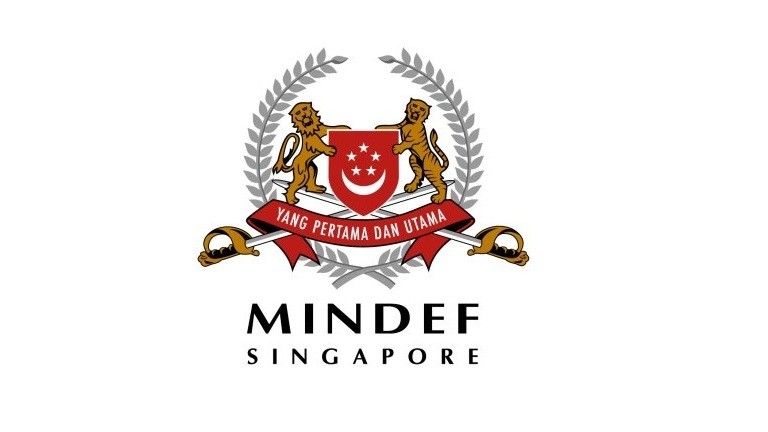At a media briefing yesterday (16 Jul), Health Minister Ong Ye Kung said that 2,480 individuals have been quarantined due to their direct contact with the growing KTV Covid-19 cluster.
Previously, TODAYOnline erroneously reported that 202,480 individuals have been quarantined and apologised for the error.
These 2,480 individuals are staff members of the affected KTV lounges, as well as some of the patrons detected through SafeEntry and TraceTogether contact-tracing systems.
The KTV cluster has grown to 120 cases by today since Monday (12 Jul) when it was first announced. The index case was a Vietnamese hostess on short term visit pass sponsored by her “boyfriend” to come to Singapore.
As the SafeEntry and TraceTogether contact-tracing systems do not fully cover everyone, Ong is asking any other patrons who have visited those KTV joints to come forward to be tested.
So far, 1,660 people have come forward to get tested and 25 people were found to be infected with COVID-19.
Those who have been negative, Ong noted, are not out of the woods yet because the incubation period for the coronavirus is not over.
“The worry now is who else that they come into contact with before they get themselves tested and are they infected? And this is the bigger worry, which is the secondary infection,” he said.
Through TraceTogether data, the Government has picked up about 2,000 people who came into contact with confirmed cases from the KTV cluster and they would have been informed to get tested.
“So what I want to clarify, in case they are worried, or their families are worried, is that these individuals, we are not saying they went to the KTV lounges, but you have come into contact with a confirmed case, could have been anywhere, and are picked up by our data,” he added.
The government is also sending a health risk alert to “several thousands of people, or maybe more than 10,000”, who went to the malls or other premises where these KTV lounges are located, Ong shared.
These people who get a health risk alert are not legally obligated to get tested, but they are strongly advised to monitor their health, minimise interactions and test themselves.
“The problem with this cluster is that we don’t have full information of who are the customers, where they have been to and where they are now. It’s hard to gather them together and to mount a special operation,” Ong said.
Singapore’s ICU capacity for Covid-19 patients is about 1,000. “If we see that the capacity is under pressure, we will need to tighten up,” Ong added.
“So if in the next few days, more people fall sick and (get admitted to) ICU, say, it’s 25 people, (then) in one week, it will be 50. One more week, 100. One more week, 200. One more week, about 500. Fifth week, 1,000. System collapses.”
“Five weeks is what it takes. We cannot wait five weeks. By the third week, if we see the number go up, action has to be taken, quickly and rewind this back to Phase Two (heightened alert),” he said.






